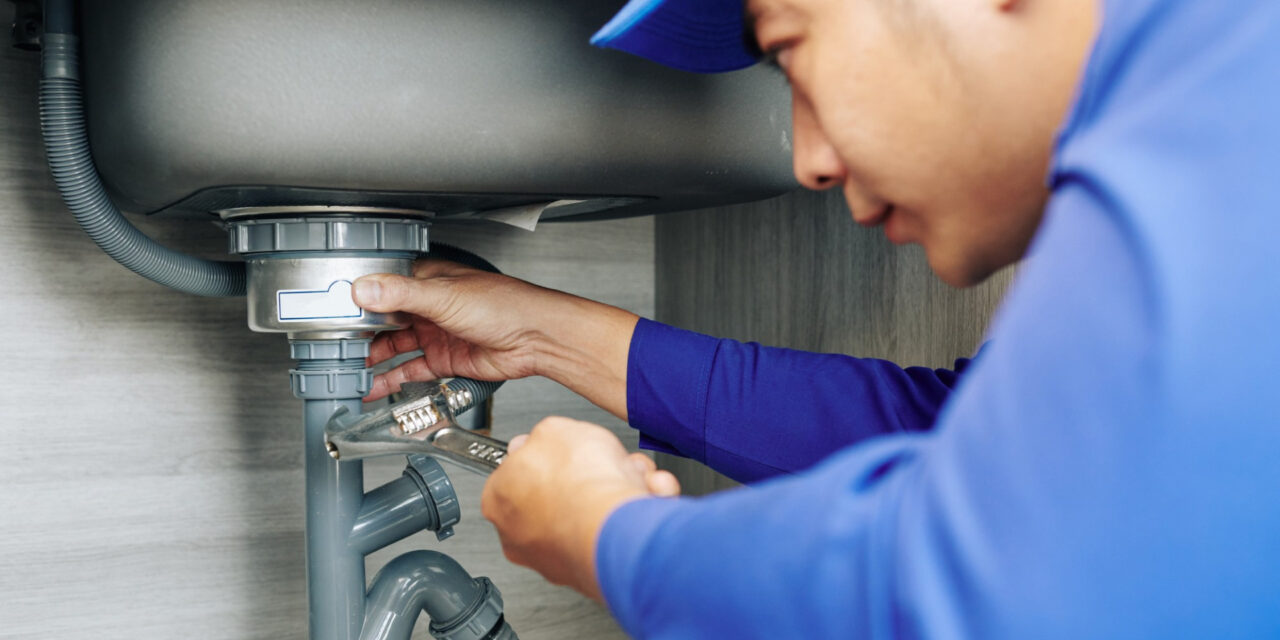Exactly how to Examine If Your Home Has a Covert Leak
Exactly how to Examine If Your Home Has a Covert Leak
Blog Article
This article down below involving Leaking water lines is exceedingly interesting. You should read it.

Early discovery of leaking water lines can minimize a potential calamity. Some little water leakages may not be noticeable.
1. Take A Look At the Water Meter
Checking it is a surefire means that assists you discover leakages. If it relocates, that indicates a fast-moving leak. This indicates you may have a slow leak that can also be below ground.
2. Inspect Water Consumption
Evaluate your water expenses as well as track your water intake. As the one paying it, you need to notice if there are any inconsistencies. If you detect sudden changes, despite your usage coinciding, it suggests that you have leakages in your plumbing system. Keep in mind, your water bill should fall under the exact same range monthly. An unexpected spike in your bill indicates a fast-moving leak.
A constant rise every month, even with the exact same behaviors, shows you have a slow leak that's additionally slowly intensifying. Call a plumber to completely inspect your home, specifically if you feel a cozy area on your floor with piping underneath.
3. Do a Food Coloring Test
When it comes to water consumption, 30% comes from commodes. If the color somehow infiltrates your dish during that time without flushing, there's a leak between the storage tank as well as dish.
4. Asses Exterior Lines
Do not fail to remember to check your exterior water lines as well. Ought to water seep out of the link, you have a loosened rubber gasket. One tiny leak can waste loads of water as well as spike your water expense.
5. Check and also Analyze the Situation
Property owners need to make it a practice to inspect under the sink counters and also also inside cupboards for any kind of bad odor or mold and mildew development. These 2 red flags indicate a leakage so timely interest is required. Doing routine examinations, even bi-annually, can save you from a major issue.
Extra importantly, if you know your home is currently old, maintain a watchful eye on your heating systems, hoses, pipelines and so on. Look for stainings and deteriorating as the majority of devices as well as pipelines have a life span. They will certainly additionally normally weaken as a result of damage. If you believe leaking water lines in your plumbing system, do not await it to intensify. Call a specialist plumber as soon as possible so you do not end up with a terrible mess in your house.
Early discovery of leaking water lines can mitigate a potential catastrophe. Some little water leakages might not be visible. Inspecting it is a proven means that helps you uncover leaks. One small leakage can lose bunches of water as well as surge your water expense.
If you think dripping water lines in your plumbing system, don't wait for it to rise.
5 Signs that Your Home Has a Hidden Leak
Your water bill is unusually high without explanation
Generally, your water bill tends to stay consistent throughout the year as long as the same number of people live in your household year round. The bill might be higher during certain times of the year, such as summer, when your lawn may require more watering than it does in cooler months. However, if you notice a rise in your water bill that you can’t explain, it’s an indicator that there’s a hidden leak somewhere in your home.
You hear running water
One of the biggest signs that you have a water leak is the sound of rushing water when no plumbing fixtures are on and when no water-using appliances are running. If you hear running water in your walls when no water is being used anywhere in your home, locate your home’s main water shut-off valve, shut off your water supply, and contact a plumber at once.
Your home smells musty
Hidden leaks often occur in dark spaces, such as behind walls or under carpeting. Incidentally, darkness and moisture can create an ideal breeding environment for mold or mildew. If you start to smell mildew or the scent of rotting wood or stagnant water around your home, it’s a fair bet that a leak is the culprit.
You find wet spots around your home
The wet spots usually show up as moist areas in your carpeting. If your home has a basement level, puddles on the floor could indicate a slab leak. Outside, unexplainable puddles or lush, green patches in your yard often mean that there’s a leak in your sewer line or main water line.
You have stains, bubbles, or condensation on your walls/ceiling
Stains or condensation on your walls or ceiling are both major signs of a hidden leak. Also, drywall (AKA. sheetrock) is very absorbent, and as it takes on more water from a leak behind a wall, it will start to bubble, swell, or warp. If you see this happening in your home, don’t wait to contact a plumber before the water damage spreads.
https://www.ezflowplumbingaz.com/blog/2019/june/5-signs-that-your-home-has-a-hidden-leak/

I came across that write up on Detecting hidden plumbing leaks while doing a search on the internet. Are you aware of another individual who is interested by the subject? Take a moment to share it. We take joy in reading our article about Top leak detection hacks.
Report this page